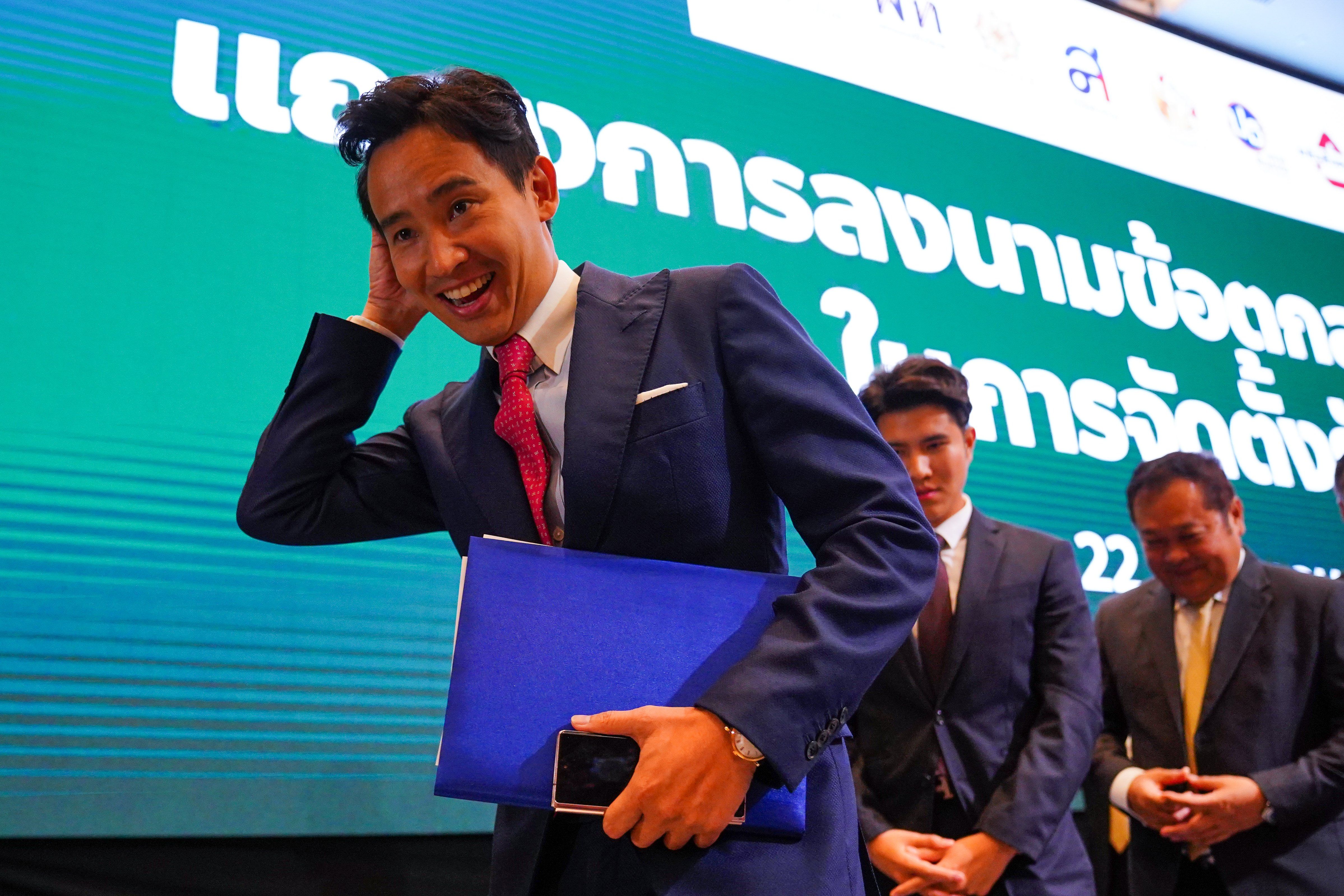On Monday, Thailand's electoral commission announced it is investigating whether PM frontrunner Pita Limjaroenrat was qualified to run in last month's general election.
Huh? Shouldn't that have been settled before the vote? Not in Thailand, where the army-backed political establishment has perfected the art of gaming the system to stay in power when it loses at the ballot box.
Pita is accused of being knowingly unfit to run for MP because he owned shares in a media firm, which is verboten under Thai election rules. But the leader of the progressive Move Forward Party argues that those shares were not under his name and the media firm has been inactive since 2007.
Still, no matter how ludicrous the charge might sound, keep in mind this is Thailand, where in 2008 a prime minister was (legally) removed for ... hosting a cooking show.
If Pita gets disqualified, political turmoil is all but assured in the Land of Smiles. In early 2020, the election fraud conviction of the head of Future Forward — basically the MFP before it rebranded — triggered a youth-led protest movement that forever changed Thai politics by calling to reform the once-untouchable monarchy.